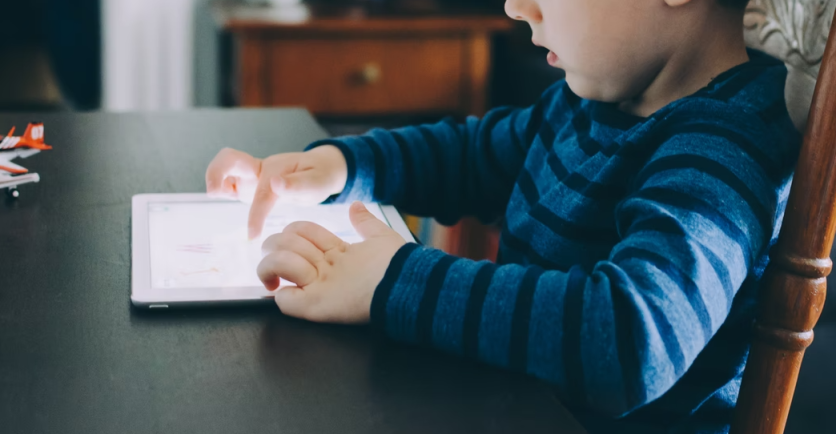
Screen time is unlikely to directly harm children, according to a newly published study in the journal PLoS One.
The study generated global attention because screen time has been blamed for disrupting the habits of children.
Screen Time is Not Harmful to Children
The study in PLoS One revealed that screen time is not as harmful as what parents think. However, parents still need to be wary of health consequences despite the absence of links between screen time and the overall health of children.
Researchers suggested that screen time was not a direct cause of anxiety or depression. It was linked to improved peer relations, but the findings came with caveats. The study involved 12,000 children from ages 9 to 10 years old from 24 sites across the United States.
Why are Parents Worried About Screen Time?
Children are using screens more than ever. The average number of digital devices with screens reported to be owned and used by children has reached 3.3 devices per child, according to The Next Web.
The devices include smartphones, laptops, tablets, televisions, gaming devices, and desktop computers.
Similar to a lot of Western countries, children are said to be using a mobile device or watching television for at least 4 hours every day, which exceeds the health guidelines.
Surveys have found that almost all high school students and two-thirds of primary school students have their own devices. Children are spending a third of their day just staring at screens watching something.
Because of the trend, teachers and parents alike have expressed their concerns that the fast uptake of digital devices has negative effects on children's physical activity, and it also affects their ability to be empathic.
Screen time is also blamed for the lack of focus on learning tasks.
Most concerns connected to screen time are linked with anxiety, self-esteem, depression, social interactions, and sleep quality.
With children using screens at a very early age, establishing a casual link between screen time and health outcomes has become more important than ever.
Exposure to digital screen has doubled since the 90's and increased screen use during the peak of the pandemic has added urgency to the research, according to The Conversation.
The study investigated the link between screen time and the academic performance of children, sleep habits, mental health, and peer relationships.
Parents were asked to complete a screen time questionnaire and a child behavior checklist. They were also asked to review an anxiety statement scale, including sections on children internalizing or externalizing problems and attention.
They also reported on their child's grades at school, their sleep quantity, their sleep quality, the family income, and their race.
The children were given a different set and were asked to complete a 14-item screen time questionnaire about the different types of recreational media used on screens. They were also asked how many close friends they currently have.
The researchers did find a small connection between excessive screen time and decreases in focus, mental health, quality and quantity of sleep, and the child's academic performance. However, these effects were not confirmed as directly caused by too much screen time.
The possible explanations for the weak links between screen time and negative health impacts include relying on parent reporting, the design of the screen time survey, and social quality measurement.
In 2019, a similar study suggested that screen time does not harm a teenager's well-being.
Related Article : iOS 12 Screen Time Feature To Limit iPhone Usage Is No Match For Kids: Apple, Help!
This article is owned by Tech Times
Written by Sophie Webster
ⓒ 2026 TECHTIMES.com All rights reserved. Do not reproduce without permission.




